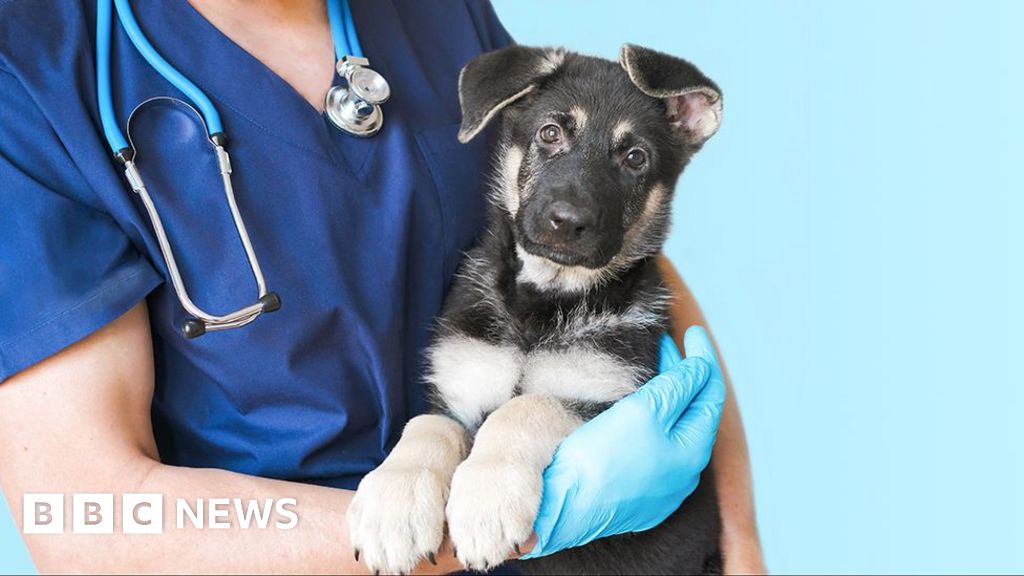Pregnancy is already a stressful, fraught time. Trump just made it worse
Opinion
September 23, 2025 — 3.35pm
September 23, 2025 — 3.35pm
While the most common response to the Trump administration’s recent announcement that painkillers like Panadol (Tylenol in the US) may cause autism when taken during pregnancy has been to scoff or roll our eyes, for many, it’s no laughing matter.
The claim has left autistic people distraught as their identities have been positioned as a terrible condition to prevent. Though autism has been attacked in this manner before, most notably with Andrew Wakefield’s thoroughly debunked study linking vaccinations to autism, the renewed attacks are likely to cause genuine anguish. It also adds additional anxiety and doubt to pregnant women during one of the most psychologically vulnerable times in their lives.

Pregnant women are already going through one of the most psychologically vulnerable times in their lives.Credit: Getty Images
Our current understanding of autism indicates that it is a biological neurotype that brings both strengths and difficulties, and that with changes to make their environments more affirming and accessible, many autistic people do very well in life. Others will require higher levels of support, but they still have the capacity to have good lives and to find meaning.
It should not have to be said that autistic people are valued members of society, and are far more than a diagnosis to be prevented. But the US secretary of health’s long-running obsession with this issue means that increasingly, we do have to state the obvious.
Simplistically positioning autism as a homogenous disorder that could be prevented by not taking painkillers during pregnancy not only flies in the face of decades of research and work, it also creates artificial in-and-out groups designed to further segment society, amplifying mistrust towards medical professionals and the scientific community. In a world already riven by disinformation and paranoia, this is one of the most effective ways of further stoking division and reducing trust in science, especially those with lower science and health literacy.
Loading
Because despite the clear lack of evidence underpinning this announcement, it will be taken seriously by many.
For most women, pregnancy is a time of incredible vulnerability. Expectant parents usually go to great lengths and make heroic efforts to have a healthy baby, and experience profound feelings of guilt and shame if something does go wrong.
In the face of the unknown, it is normal to try and grasp at control by ensuring that one does the “right” thing: How did I cause this? Was it the coffee/soft cheese/intense exercise/sip of wine? These kinds of questions are common in my therapy rooms when someone encounters difficulties with miscarriage or birth, or has a child with medical or neurodevelopmental difficulties.
The anxiety many expecting parents feel is also driven by messaging around the importance of the prenatal period and the possibility that things will go catastrophically wrong if a pregnant person makes a single misstep. This can be as minor as eating sushi, to the position someone slept in or now, taking an over-the-counter painkiller to ease the discomfort that many experience when growing another human being.
While it’s true that the prenatal period is very sensitive, and there are many unknowns around safe medications because pregnant women have historically been excluded from medical research, fear can grow in this vacuum of conflicting information and uncertainty.

Painkillers like Panadol are known as Tylenol in the US.Credit: Getty Images
Peripartum anxiety can be highly debilitating. At times, it can impact a parent’s capacity to be present and form an attachment to their child.
Treating this anxiety or shame with therapy usually involves looking at the statistics around medical difficulties, the complex multifactorial nature of any diagnosis or health condition, addressing a parent’s fear of what the future might hold for their child – especially in a world which is not set up to accept or make accommodations for disabilities – and reassuring them that they’re doing the best they can.
It has always been essential for the scientific, medical and neurodiversity-affirming communities to work together to disseminate appropriate evidence-based messaging and to reassure all people of all neurotypes that they are valued members of our society, not problems to be prevented. But perhaps never more so than right now.
Loading
With this announcement, the Trump administration has added another hurdle to an already fraught time. Even without supporting evidence, it will be difficult for pregnant women to choose to ignore this advice because the anticipatory fear and guilt they are likely to experience by doing “the wrong thing” will likely be strong.
Most of us can ignore the announcement or make jokes about Robert F. Kennedy Jr’s “brain worm”. But others will almost certainly experience anxiety and fear about this pronouncement, or will once again feel sidelined, shamed and hurt by the implication that their condition is one to be “cured” or prevented.
Dr Ahona Guha is a clinical and forensic psychologist, trauma expert and author based in Melbourne.
Most Viewed in World
Loading


















































